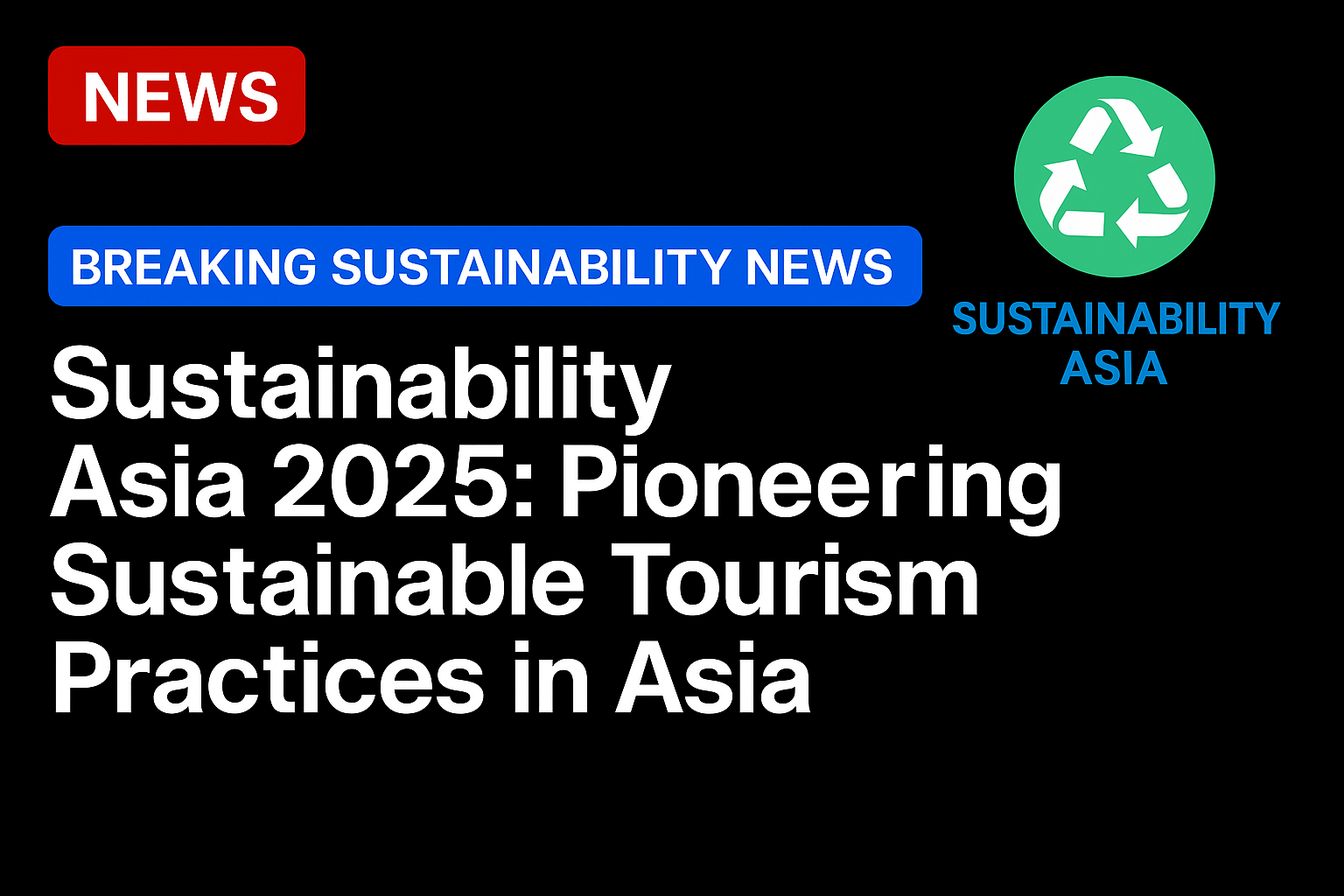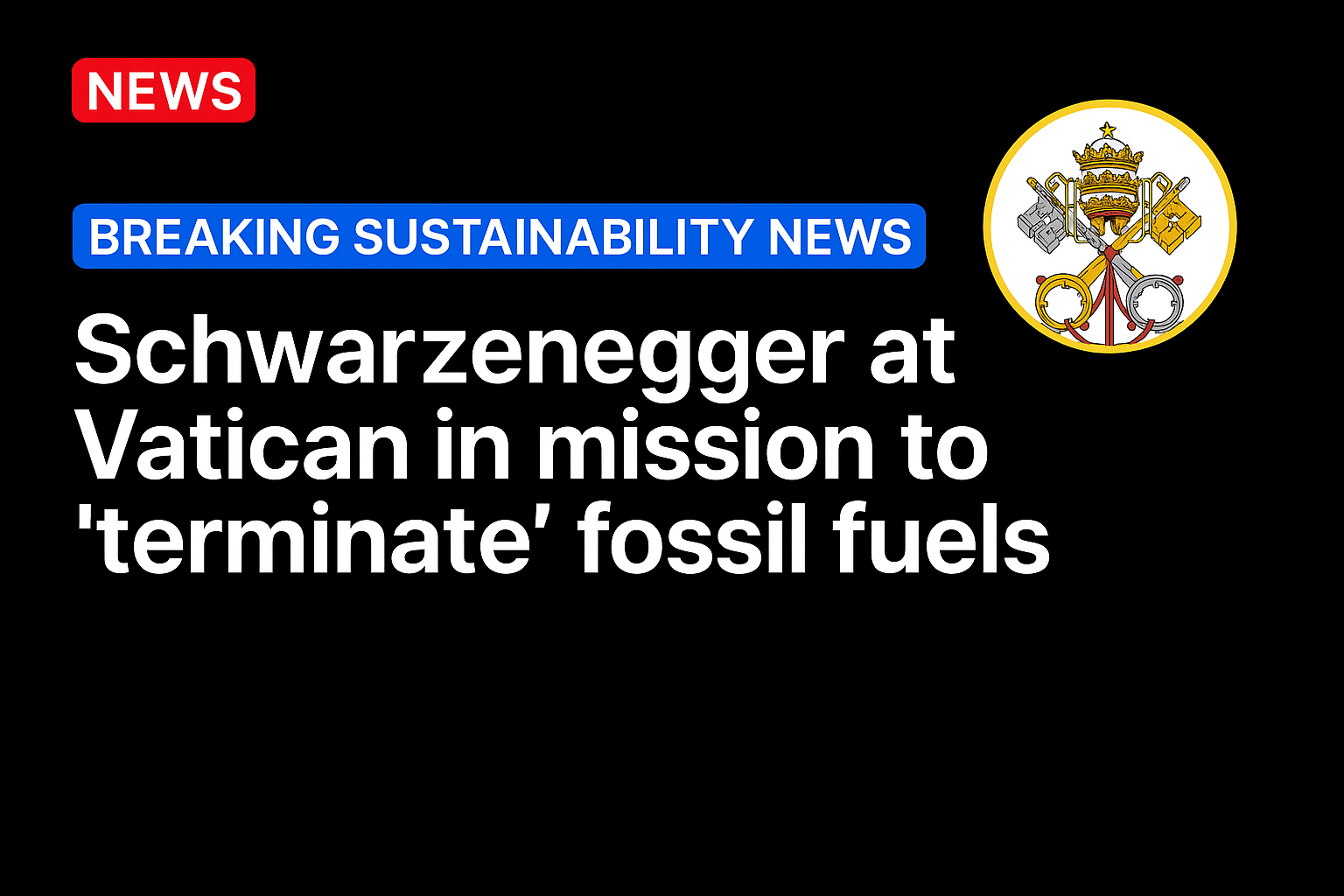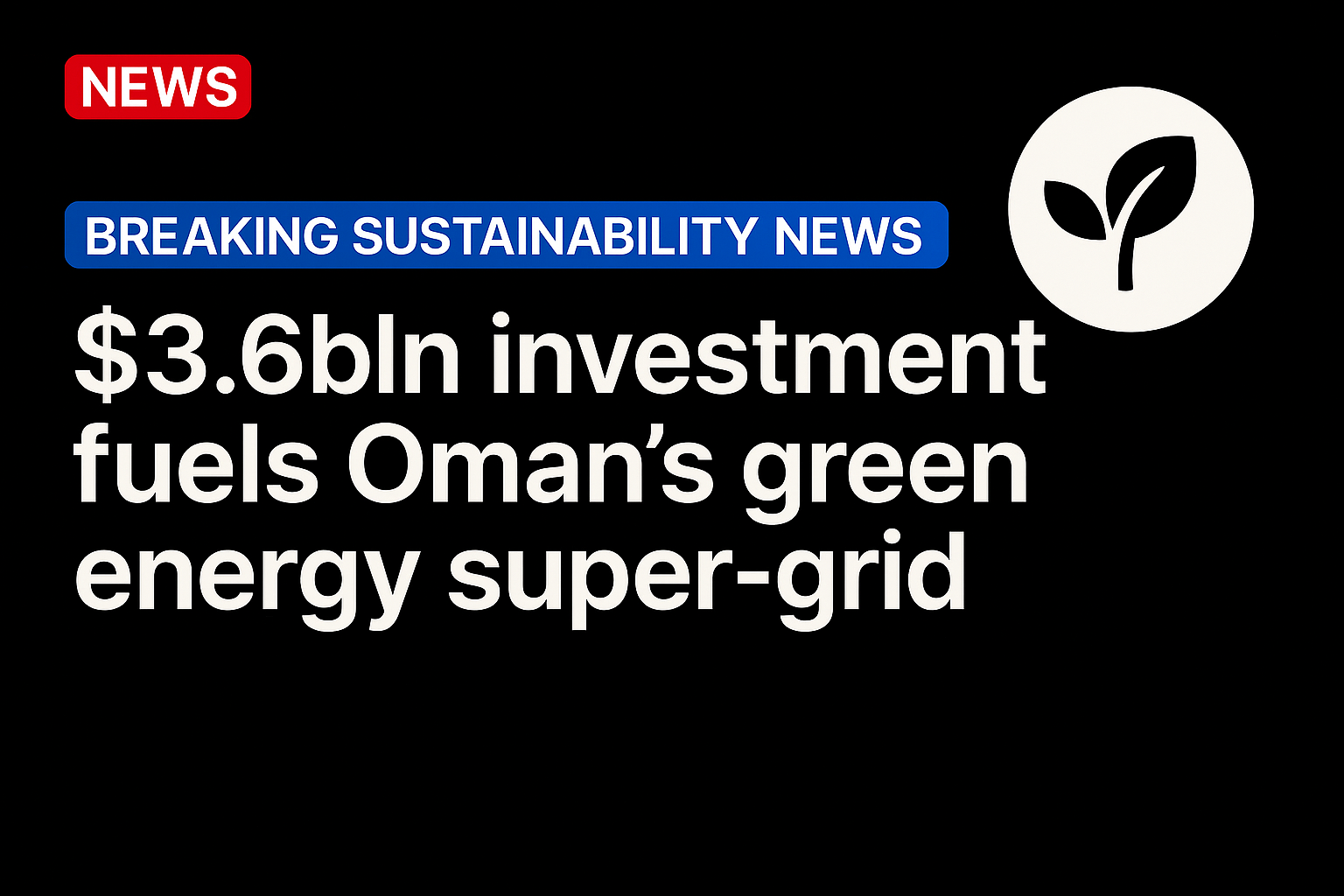The eagerly anticipated Sustainability Asia 2025 program, set to be held on October 14, 2025, in Singapore, will be a landmark event in shaping the future of sustainable tourism in Asia. This highly awaited gathering will bring together leaders from government bodies, international organizations, the private sector, and local communities to discuss strategies, innovations, and initiatives that aim to make tourism in Asia more environmentally friendly, socially responsible, and economically beneficial.
As one of the most diverse and rapidly growing tourism markets globally, Asia’s tourism sector is faced with significant challenges related to environmental sustainability, cultural preservation, and community impact. The Sustainability Asia 2025 program is a crucial opportunity for stakeholders across the region to collaborate, share ideas, and develop actionable solutions that ensure the future of tourism in Asia aligns with global sustainability goals.
Asia’s Growing Tourism and Sustainability Challenges
Asia has seen a massive influx of international visitors over the last few decades, with countries like Thailand, India, China, Japan, and Indonesia becoming top travel destinations. According to the United Nations World Tourism Organization, Asia-Pacific is one of the fastest-growing regions in terms of both inbound and outbound tourism. This rapid expansion has brought both opportunities and challenges.
While tourism is a key driver of economic growth in many Asian countries, it has also put immense pressure on local ecosystems, cultural heritage, and community well-being. Overcrowding in popular destinations, waste management issues, and the degradation of natural sites have become major concerns. Moreover, climate change has exacerbated these issues, further impacting the delicate balance between economic development and environmental preservation.
Given these challenges, there is a growing realization that tourism must evolve to become more sustainable. The Sustainability Asia 2025 program will serve as a platform to explore how the tourism sector can be part of the solution rather than the problem.
Key Objectives of the Sustainability Asia 2025 Program
The Sustainability Asia 2025 program will focus on several key objectives, each aimed at driving positive change in the tourism industry:
- Promoting Green Practices in Tourism
One of the core themes of the program will be promoting eco-friendly practices across the tourism value chain. From sustainable hotel operations to eco-tourism ventures and green transport options, the event will showcase best practices and innovative solutions that minimize the carbon footprint of tourism activities. A particular focus will be on renewable energy use, waste management, and water conservation in tourist destinations. - Building Partnerships for Responsible Tourism
Collaboration is essential for creating a more sustainable tourism model. The program will encourage partnerships between governments, businesses, and local communities. These partnerships will focus on ensuring that tourism benefits everyone, from local residents to visitors, by fostering a more inclusive and equitable tourism industry. - Preserving Cultural Heritage and Local Communities
In addition to environmental sustainability, the Sustainability Asia 2025 program will emphasize the importance of preserving cultural heritage. This includes promoting community-based tourism, where local people play an active role in managing and benefiting from tourism. Preserving cultural practices and traditions is vital in ensuring that tourism enhances rather than dilutes local cultures. - Leveraging Technology for Sustainability
Technology will play a pivotal role in the discussions at the event. From digital platforms that facilitate eco-friendly travel choices to innovations in sustainable infrastructure, the event will explore how technology can help the tourism industry become more sustainable. This includes exploring the potential of smart cities, data analytics for better resource management, and AI-driven solutions to minimize the environmental impact of travel. - Tourism as a Catalyst for Positive Change
Lastly, the program will focus on tourism’s role in promoting social responsibility. Beyond just economic gains, tourism has the potential to drive positive change in communities by fostering awareness about environmental issues and supporting local conservation efforts. The program will highlight initiatives where tourism has successfully supported environmental conservation, wildlife protection, and social initiatives.
Government and Industry Support: A Key to Sustainability
Governments in Asia are increasingly recognizing the importance of integrating sustainability into their tourism policies. Several countries, including Singapore, Thailand, and Japan, have already begun implementing policies that promote sustainable tourism. These include incentives for businesses to adopt green practices, restrictions on over-tourism in certain areas, and investment in conservation projects. The Sustainability Asia 2025 program will provide a forum for these governments to share their experiences and discuss the development of more comprehensive, region-wide policies.
For instance, Singapore’s Tourism Board has been at the forefront of promoting sustainable tourism through initiatives such as the Green Tourism Program, which encourages hotels and attractions to adopt eco-friendly practices. Thailand’s Ministry of Tourism and Sports is also heavily involved in promoting sustainable tourism, particularly through its “Sustainable Tourism Policy,” which aims to balance tourism growth with the preservation of the country’s natural and cultural resources.
The Sustainability Asia 2025 program will also feature private sector participation, with companies in the tourism and hospitality industries showcasing their efforts to operate sustainably. From airlines to hotel chains and tour operators, many businesses in the region are embracing sustainability as a core part of their operations. These companies will be on hand to share their initiatives, strategies, and insights into how they are reducing their environmental impact and enhancing the sustainability of their services.
The Impact on Tourism: A New Era for Responsible Travel
The Sustainability Asia 2025 program is poised to reshape tourism in the region by inspiring a new generation of responsible travelers. As sustainability becomes a growing priority for consumers, travelers are increasingly looking for destinations, experiences, and services that align with their values. The program will provide destinations with the tools and knowledge to attract this segment of conscious travelers, who are more likely to choose destinations that prioritize sustainability.
Destinations that embrace sustainable tourism will likely experience long-term benefits, including the preservation of their natural and cultural resources, improved quality of life for local communities, and enhanced resilience against the negative effects of over-tourism. Sustainable tourism can also create new job opportunities, particularly in rural and underserved areas, by promoting community-based tourism and local businesses.
For businesses in the tourism sector, adopting sustainable practices is no longer just a trend but a competitive necessity. Consumers are increasingly making travel decisions based on the environmental and social impact of their choices. As such, companies that adopt sustainable practices will gain a competitive edge, attracting not only environmentally conscious travelers but also investors who are increasingly looking to support businesses with responsible operations.
Conclusion: A Vision for the Future of Tourism in Asia
The Sustainability Asia 2025 program represents a pivotal moment for the tourism industry in Asia. As one of the most dynamic and diverse tourism regions in the world, Asia has the potential to lead the way in creating a sustainable future for travel. With the right mix of government policies, private sector innovation, and community engagement, the tourism industry can evolve into a powerful force for good—benefiting not only travelers but also the environment and local communities.
As the event approaches, all eyes will be on Singapore as a hub for the future of sustainable tourism in Asia. The discussions and partnerships forged at the Sustainability Asia 2025 program will undoubtedly influence the direction of tourism in the region for years to come, setting the stage for a greener, more responsible travel industry.
Source: https://www.travelandtourworld.com/




